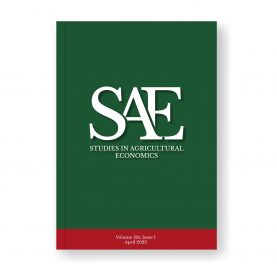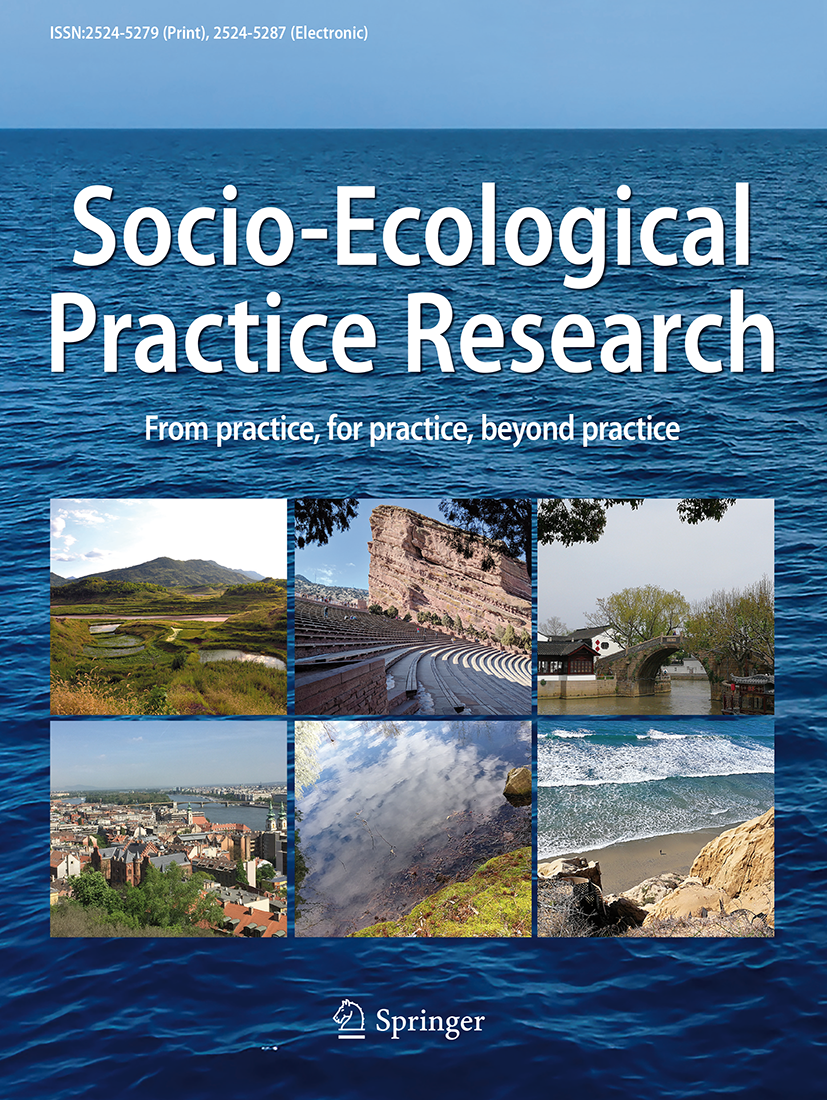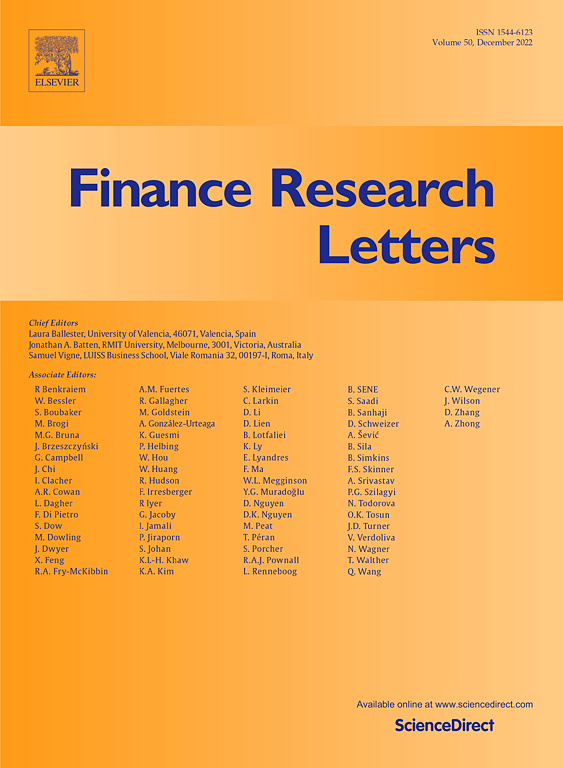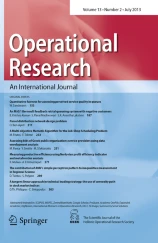2023.09.28. a T4.23-as szemináriumi szobában 13.00-kor.
Előadó: Venyige Róbert
Cím: Property Rights and the End of the Feudal Economic System
Absztrakt:
What were the causes of the transformation of feudalism to capitalism? How do changing market conditions affect economic institutions? I examine the disappearance of the feudal economic system and the formation of modern land property rights in the Kingdom of Hungary during the 19th century. The separation of the landlord and serf economies and the division of the commons finalized the abolition of the serfdom and created stable land property rights that were a prelude to modern agricultural production. I investigate this in the context of the economic integration (customs union and the construction of railroads) of the Habsburg Empire. I find that an improvement in market access increased the probability of the partition of landlord and serf economies. My results suggest that potential returns on secure property rights were important, but transaction costs played an important role in delaying their development.
Az előadásra hibrid formában kerül sor zoom felületen, illetve személyesen a T4.23-as szemináriumi szobában 2023.09.19-én, KEDDEN, 13.00 órától.









